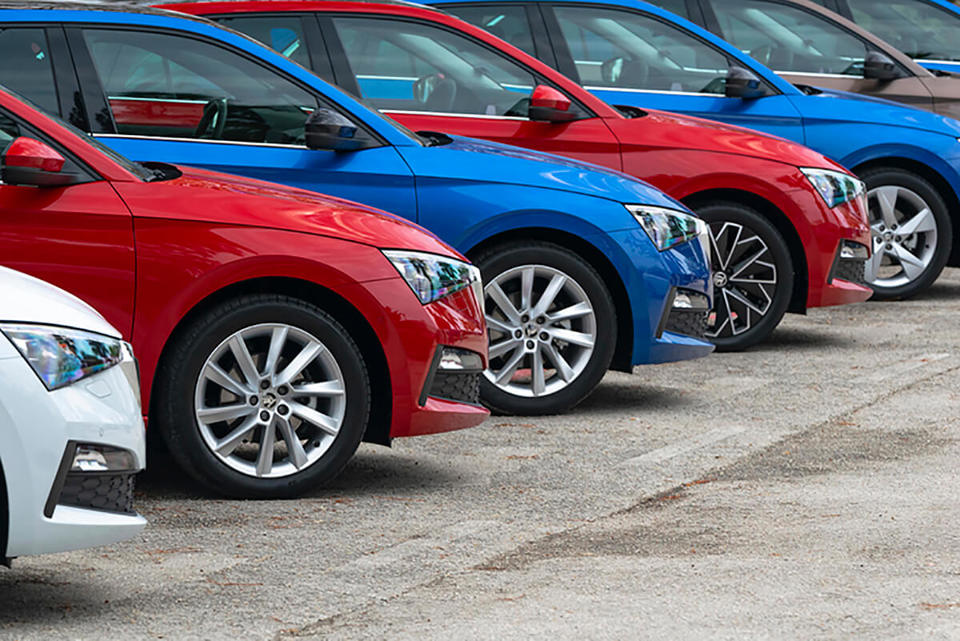Britain’s biggest fleets have identified the critical role industry suppliers will play in helping them achieve their goals for the next year in a major new industry survey.
Companies operating half a million vehicles that spend more than £3 billion a year on products and services have been analysed in the unique report, the Fleet200, carried out by Fleet News and leading industry research firm Sewells Research & Insight.
The report contains details of all 200 companies in the exclusive group, which includes almost every major company and organisation in the UK, ranging from Royal Mail to Vodafone and BSkyB.
As part of the detailed analysis into their priorities, fleets outlined their plans for 2013, including how suppliers were expected to support their businesses.
They identified broad themes, including reducing CO2 emissions, investigating alternative fuels, driving down costs, improving safety, introducing vehicle tracking systems and reviewing the model choice provided to drivers.
However, a key factor in making these changes is the role of external suppliers in achieving their aims.
According to interviews with fleet operators, companies indicate they have already maximised potential internal savings and efficiencies and now they are looking to manufacturers and service providers to help them with the so-called ‘hard yards’ – maintaining savings and keeping costs low in the long term.
For manufacturers, there is an expectation that models will continue the current trend of slashing CO2 emissions with each new model update.
Average emissions on many large fleets have already tumbled to well below 160g/km, the point at which companies can claim enhanced capital allowances on their vehicles.
Many Fleet200 companies have driven average emissions down to less than 140g/km and latest analysis suggests average emissions for current orders have fallen below 130g/km.
A key factor in this shift is changes to the capital allowance/lease rental restrictions regime in 2013.
From April 2013, the Government will extend the 100% first-year allowance (FYA) for businesses purchasing low-emission cars for a further two years to March 31 2015.
The CO2 emissions threshold below which cars are eligible for the FYA will also be reduced from 110g/km to 95g/km, while leasing companies will not longer be able to apply for FYA on their bought cars.
At the same time, the CO2 threshold for the main rate of capital allowances for business cars will reduce from 160g/km to 130g/km.
The level above which the lease rental restriction applies will also reduce from 160g/km to 130g/km.
One senior fleet manager in a Fleet200 company said: “We will be introducing our first CO2 cap at 130g/km in response to the changes in taxation. This has its environmental benefits, but we recognise the reduction in costs this is expected to bring.”
While manufacturers are expected to maintain their ongoing achievements in reducing CO2, increasingly other suppliers such as leasing and fleet management companies are expected to provide expertise, advice and innovation in the search for savings.
Several Fleet200 companies said they had fully outsourced their fleet management departments in 2012, while others stated that they were reviewing their suppliers in the search for the support and advice they needed at an effective cost.
More on page two














Login to comment
Comments
No comments have been made yet.